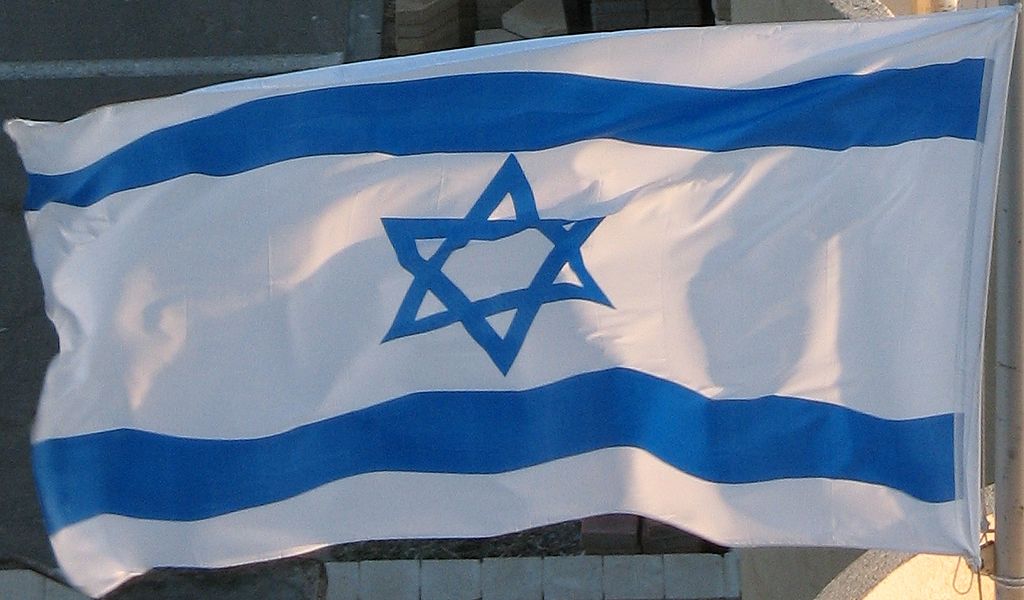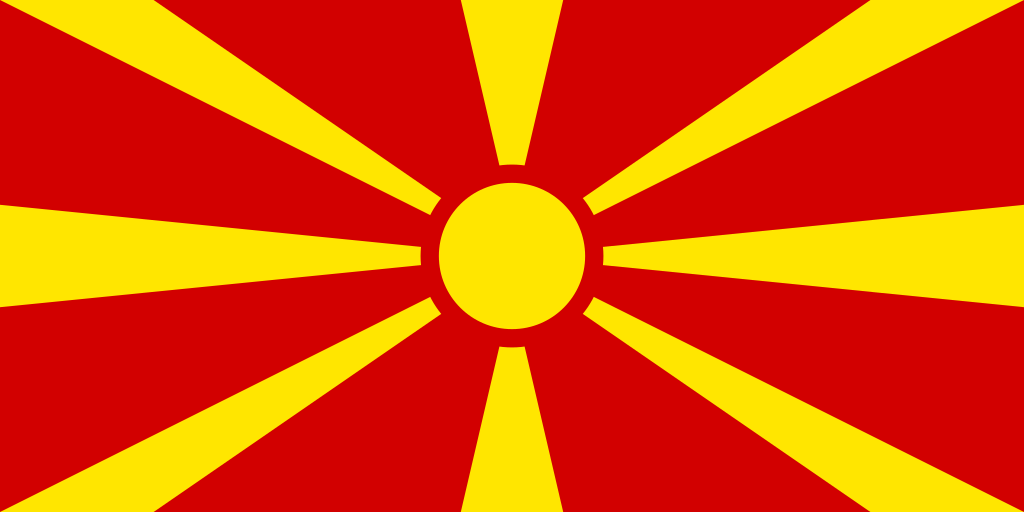Cystic Fibrosis Around the World heads to the Middle East to learn about CF care in Israel.
Israel, Anonymous teenager living with CF (completed interview with help from a parent).
- About how many people in your country have cystic fibrosis?
600
- Do people in your country know what CF is?
Many have heard of the disease; few know what it actually entails.
- When were you diagnosed? Why were you tested?
Age 6 months – breathing problems
- Were you encouraged to be open about your CF? Do your friends and family know that you have CF?
We do not keep the disease a secret, though we [also] do not volunteer the information if not necessary. Friends and family all know of my CF.
- Does your insurance/healthcare cover costs? Does it fully cover all medications and treatments available to patients with CF? Does government provide your healthcare or is insurance offer privately?
Healthcare in Israel [is] provided by the government. We are very happy with the service we are getting. Obviously there can be improvements, but overall the service and care we are getting is excellent. Example: the expensive drug Kalydeco is covered by the health care system.
- Do you have access to drug studies/trials? Do you have access to new medications?
Our clinic organizes a yearly evening for parents during which updates are given regarding medical development, clinical trials, medications etc. We do not always immediately have access to all medications that are on the market, but overall the most important drugs are brought to Israel (again Kalydeco as example).
- Who is on your CF care team? (Doctors, nurses, etc.)
Dietician, psychologist, social worker, nurses, physical therapist and lung specialist.
- How far away is your CF clinic? Is there a difference between adult/child clinic/care for CF?
We happen to live less than 15 minutes away from the hospital. There are 6 clinics in Israel, which makes the maximum travel time to one of those clinics never more than 1.5 hour. Adults and children are treated in the same clinic and get more or less the same care.
- How often do you go to the doctor (non-emergency)? Is it easy to get an appointment? What do you do in case of emergency?
We have a monthly routine checkup which is easily scheduled. The clinics are busy and such routine visit can take several hours – waiting for the different specialists and doing the different tests (IVF1, blood test etc.). The clinic has specialist on-call. We can call the special emergency line which is answered by one of the doctors on call.
- If you need IV antibiotics, can you do them at home or do you need to stay in the hospital?
We do them at home with special antibiotic “balloons” that can be connected to the IV.
- Is the Vest a typical treatment option? What other treatments are common in your area? Which are not?
The vest is as far as I know not commonly used. Physical therapy is reimbursed by the healthcare system. It is preferred to get an actual physical therapist.
- Are you encouraged to exercise? Specific?
Yes, sports [are] an important part of my medical regiment. No preference is given for any particular sports. I myself play soccer (way too much)
- What CF specific medications/therapies have been developed in your country? Does your country promote new drugs?
Even though Israel is on the forefront of medical R&D in general, I am not aware of a particular drug for CF that was developed here.
- What role does nutrition play in your CF care? Do you have a feeding tube? Do you have CFRD (diabetes)?
As a young child I did have a feeding tube. Until [about] age 5. I do have CF induced diabetes for which I get insulin and blood sugar measurements.
- What do you wish could be better about your nation’s care for CF patients?
Procedural (in)efficiencies within the healthcare system. We can get almost anything required for treatment, yet the hoops we need to jump through – forms, requests, faxes, phone calls etc. – are a challenge. For us parents we spend several hours a week just managing the paperwork.
- What do you know about CF Lung Transplants?
Not much – we’ll learn if and when that will become a necessity / reality for us.
- Did you go to college/university or advance your education elsewhere (Or plan to go to college/university)? Were you encouraged?
I am still in high school, but am definitely encouraged to follow higher education.
- What is the National CF Foundation (if there is one)? Does this Foundation (if there is one) provide assistance in every day life and education? (example: scholarships, transplant aid, educational materials, etc.)
The CF Foundation Israel (cff.org.il) provides help to families of CF patients by providing both financial as well as psychological support. The CF Foundation also works with governmental organizations to make sure that all the rights of CF patients are protected and that the necessary medication in including the healthcare coverage provided by the government.
- Is there anything else you would like to add? Is there anything specific or unique about CF care in your country compared to the rest of the world that you know of?
Good luck with your initiative! Wishing you much health.





